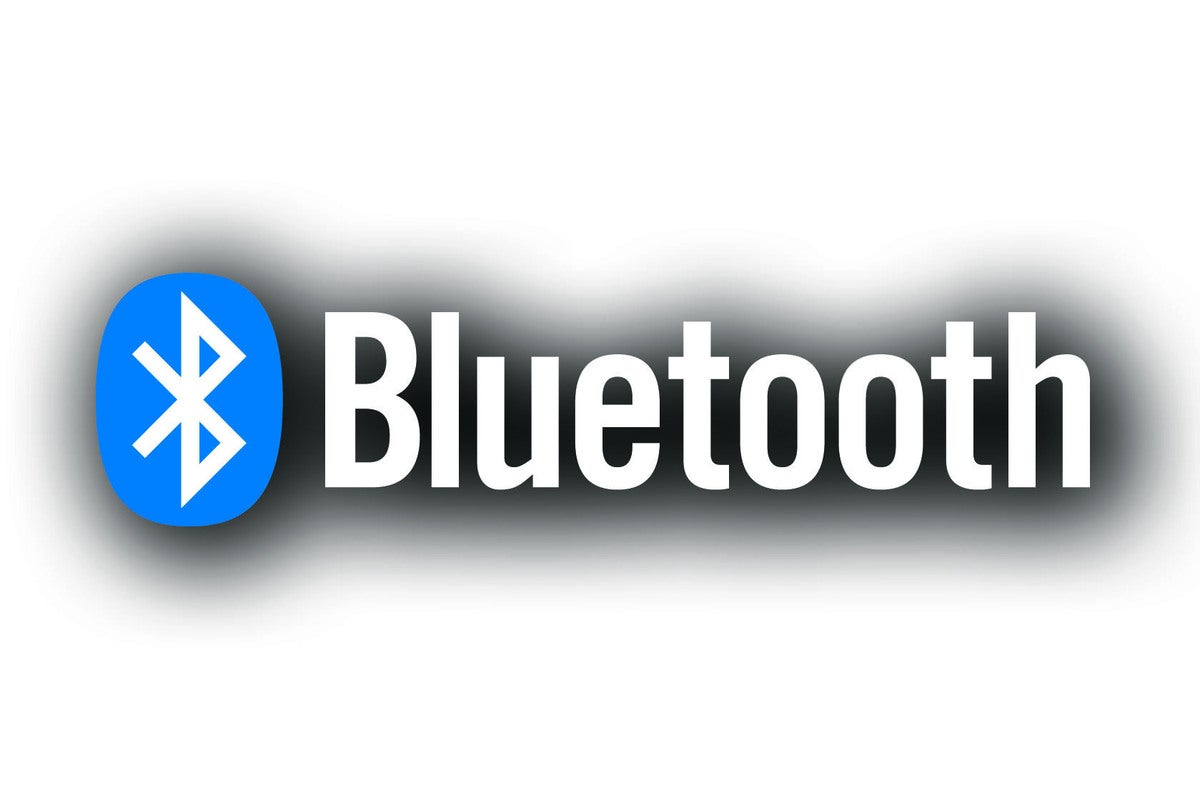
Today we will discuss and tell the difference in the Bluetooth headsets and dongles that had been out for a while and address the pros and cons about this.
Bluetooth as we are all aware was initiated in 1989 and the main purpose was to have a short range wireless technology that allows you to exchange data between fixed and mobile devices. Now days now we can find Bluetooth connectivity in virtually any devices that we use in a common day, even in cars! For the same reason there can be a lot of confusion between the definition of Class and the definition of Version, we have to be clear here in order to avoid the confusion of both terms.
Bluetooth Class Definition
This definition comes from the range and consumption of power of the same device, and its break in in 4 classes, class 1, class 1.5, class 2 and class 3. The lower the class means that the less range and higher power consumption.
Class 3
Most of the times you get about barely 6 feet of range as its the most basic set up, with a high power 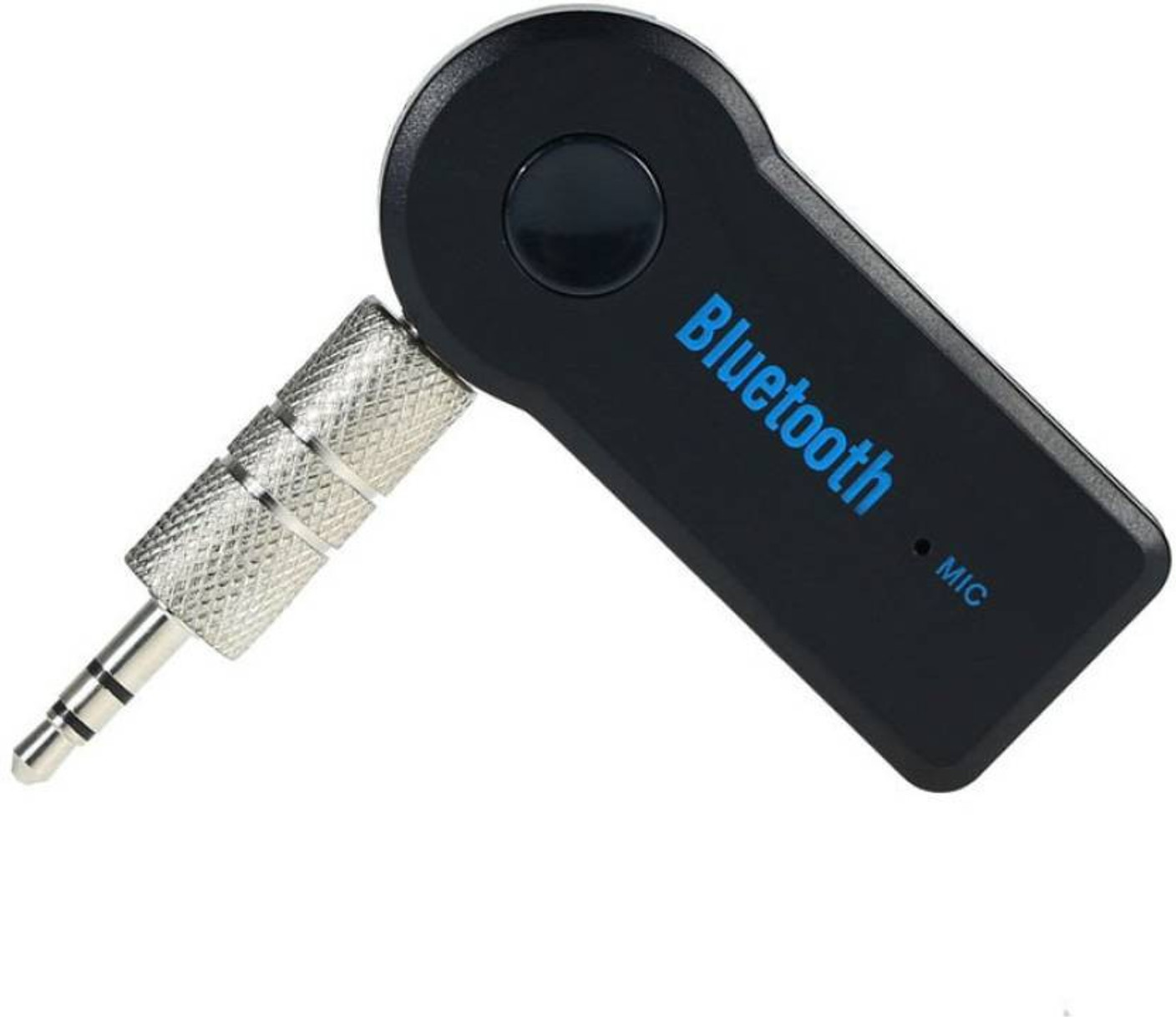 consumption, only 1 mW of power outcome, and with a dBM (deci-bells milliwatts) of zero, which translate in poor range, and not keeping paired, this range was one of the barely first ones and today you can still find it in some headsets, however the connectivity and sound quality would not be the best ones. The most common example for one of this devices is a Bluetooth adapter with a 3.5mm jack, used to stream your cell phone to a deck in your car.
consumption, only 1 mW of power outcome, and with a dBM (deci-bells milliwatts) of zero, which translate in poor range, and not keeping paired, this range was one of the barely first ones and today you can still find it in some headsets, however the connectivity and sound quality would not be the best ones. The most common example for one of this devices is a Bluetooth adapter with a 3.5mm jack, used to stream your cell phone to a deck in your car.
Class 2
The next step is the Class 2, which can be find on mobile devices such as cell phones,  Bluetooth adapters, or smart card readers. In this case the the power consumption is considered moderated, with a power outcome of 2.5mW, and a dBM of 4, this allows the device to have a range of up to 30 feet. Sound quality is improved but not optimal, as the pairing is stronger but still from time to time you have to repair the devices. The most common example for one of this devices is an older USB Bluetooth Transmitter. As today there are still some cell phones with this class built in, some of them would be the first generation iPhones, Android and Blackberry devices.
Bluetooth adapters, or smart card readers. In this case the the power consumption is considered moderated, with a power outcome of 2.5mW, and a dBM of 4, this allows the device to have a range of up to 30 feet. Sound quality is improved but not optimal, as the pairing is stronger but still from time to time you have to repair the devices. The most common example for one of this devices is an older USB Bluetooth Transmitter. As today there are still some cell phones with this class built in, some of them would be the first generation iPhones, Android and Blackberry devices.
Class 1.5 (low energy)
Here is  where everything becomes interesting, the class 1.5 is considered a better performance as the power outcome is increased to 10mW, with lower consumption and with the dBM of 10, making it a better range, better pairing and keeping paired all day long without compromise of loosing power. the range for this class is of up to 100 feet, which is more than enough in a regular size room/office. Thanks to these advantages, the chip used for this class is now smaller and can be even located in most of the wearable sensors available today. The most common example for this class is the fitness trackers as they keep record of the steps as pedometers and the pairing to a smart phone is easy and no need to keep repairing.
where everything becomes interesting, the class 1.5 is considered a better performance as the power outcome is increased to 10mW, with lower consumption and with the dBM of 10, making it a better range, better pairing and keeping paired all day long without compromise of loosing power. the range for this class is of up to 100 feet, which is more than enough in a regular size room/office. Thanks to these advantages, the chip used for this class is now smaller and can be even located in most of the wearable sensors available today. The most common example for this class is the fitness trackers as they keep record of the steps as pedometers and the pairing to a smart phone is easy and no need to keep repairing.
Class 1
And now we get to the top of the chain, the class 1, this is the best connection and the 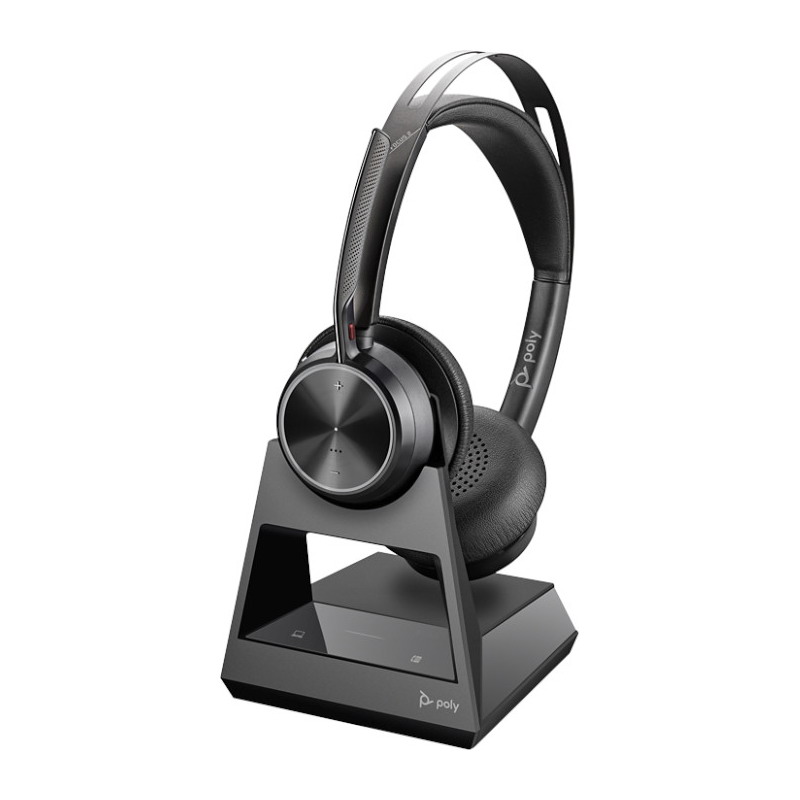 best performance and range. The power consumption now its less than any of the previous classes, the max power outcome is of 100 nW, and the dBM is of 20 now. Thanks to those numbers we can now have a range of up to 328 feet, depending on the device. Thanks to this class now we can enjoy more USB adapters, access points and devices with further range and better battery life with an average of between 24 up to 36 hours with one single charge. For the same reason most of these devices will have fast charging and a prolonged lifetime than the previous generations. Among the cellphones we can mention that any of the newest iPhones, Android smart phones, and smart devices as smart watches, smart clocks, or smart lightbulbs will have this class built in to them. An example fo this in headsets is the new Poly Focus 2 Office headset .
best performance and range. The power consumption now its less than any of the previous classes, the max power outcome is of 100 nW, and the dBM is of 20 now. Thanks to those numbers we can now have a range of up to 328 feet, depending on the device. Thanks to this class now we can enjoy more USB adapters, access points and devices with further range and better battery life with an average of between 24 up to 36 hours with one single charge. For the same reason most of these devices will have fast charging and a prolonged lifetime than the previous generations. Among the cellphones we can mention that any of the newest iPhones, Android smart phones, and smart devices as smart watches, smart clocks, or smart lightbulbs will have this class built in to them. An example fo this in headsets is the new Poly Focus 2 Office headset .
Bluetooth Version Definition
After explaining the 4 different classes now we will discuss and explain the version on Bluetooth. Have to be extremely careful as a lot of times people tend to confuse the version with the class or with the firmware.
In this case the higher the number of the version means its the newest Bluetooth chip that is in the device. 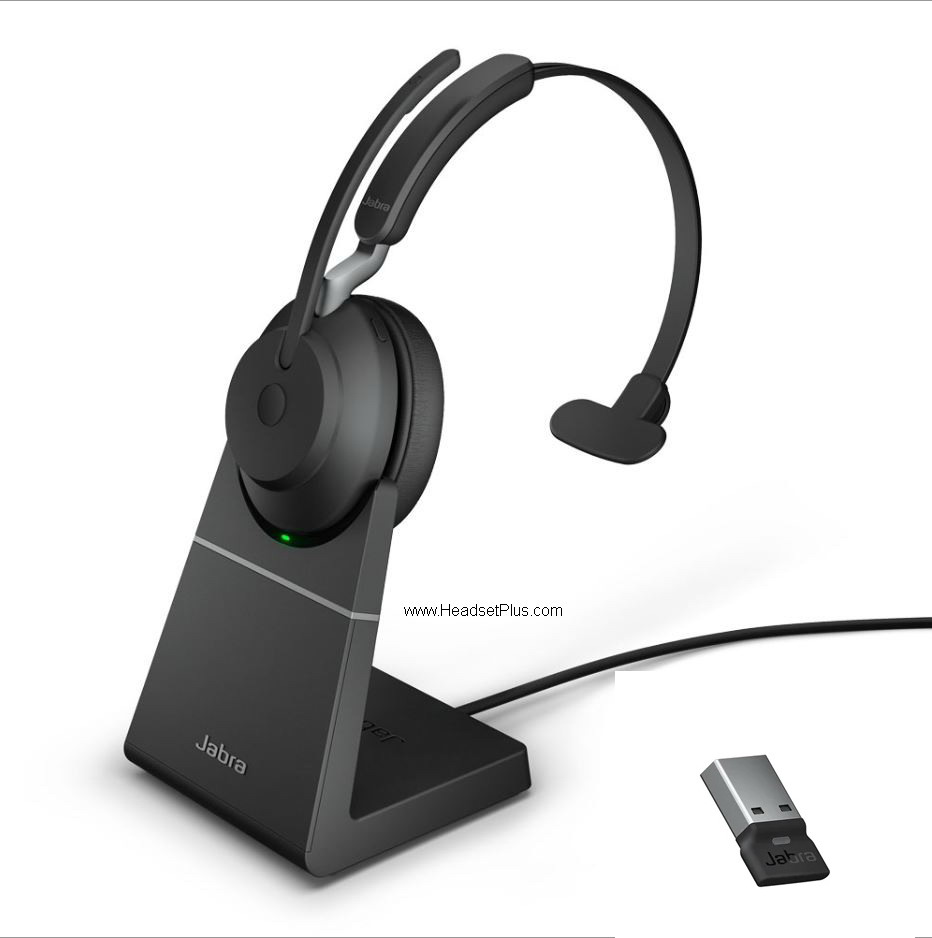
Thanks to Moore’s Law, we can find smaller technology more advanced and faster for a daily use, coming with it we have the new Evolve2 Buds. This are by far the best noise canceling Earbuds in the market, making them a true ally for people always on the road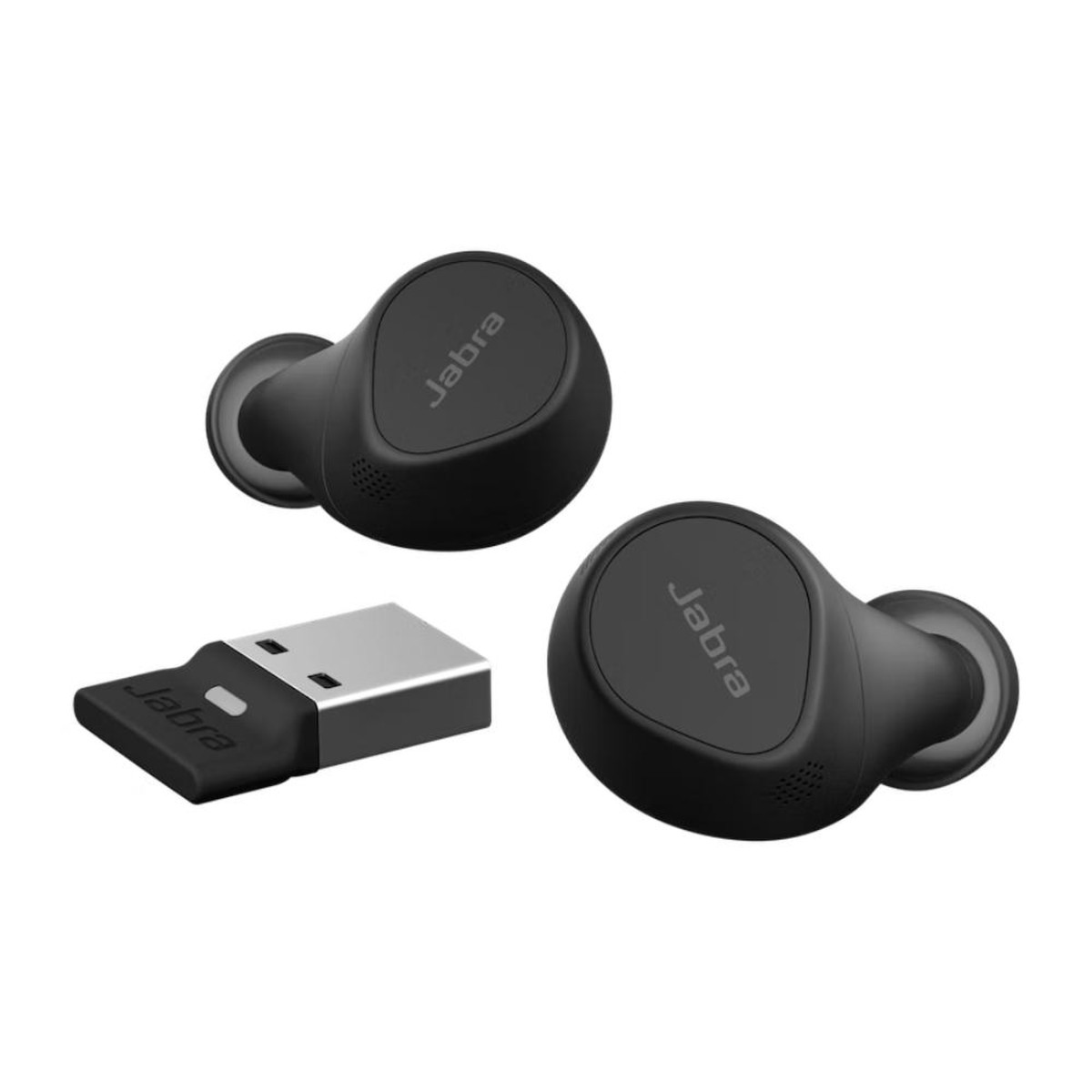 and looking for the best performance on a headset with a very discrete design. The Evolve2 Buds are Bluetooth 5.2 version, giving them an improved range and battery talk time versus the previous generation. Now the Evolve2 Buds can be used on one ear only if preferred and now can be worn either left or right, so the user can start the day wearing one, swap the earbud when battery runs out and keep the conversation while using the other one while the deployed gets charged on its included charging case. Thanks to the new redesign of the case, now the Bluetooth dongle can be stored with the earbuds, making it easier to store and less frequent to loose.
and looking for the best performance on a headset with a very discrete design. The Evolve2 Buds are Bluetooth 5.2 version, giving them an improved range and battery talk time versus the previous generation. Now the Evolve2 Buds can be used on one ear only if preferred and now can be worn either left or right, so the user can start the day wearing one, swap the earbud when battery runs out and keep the conversation while using the other one while the deployed gets charged on its included charging case. Thanks to the new redesign of the case, now the Bluetooth dongle can be stored with the earbuds, making it easier to store and less frequent to loose.
The newest Version of Bluetooth today is the 5.3, and in this case the range gets 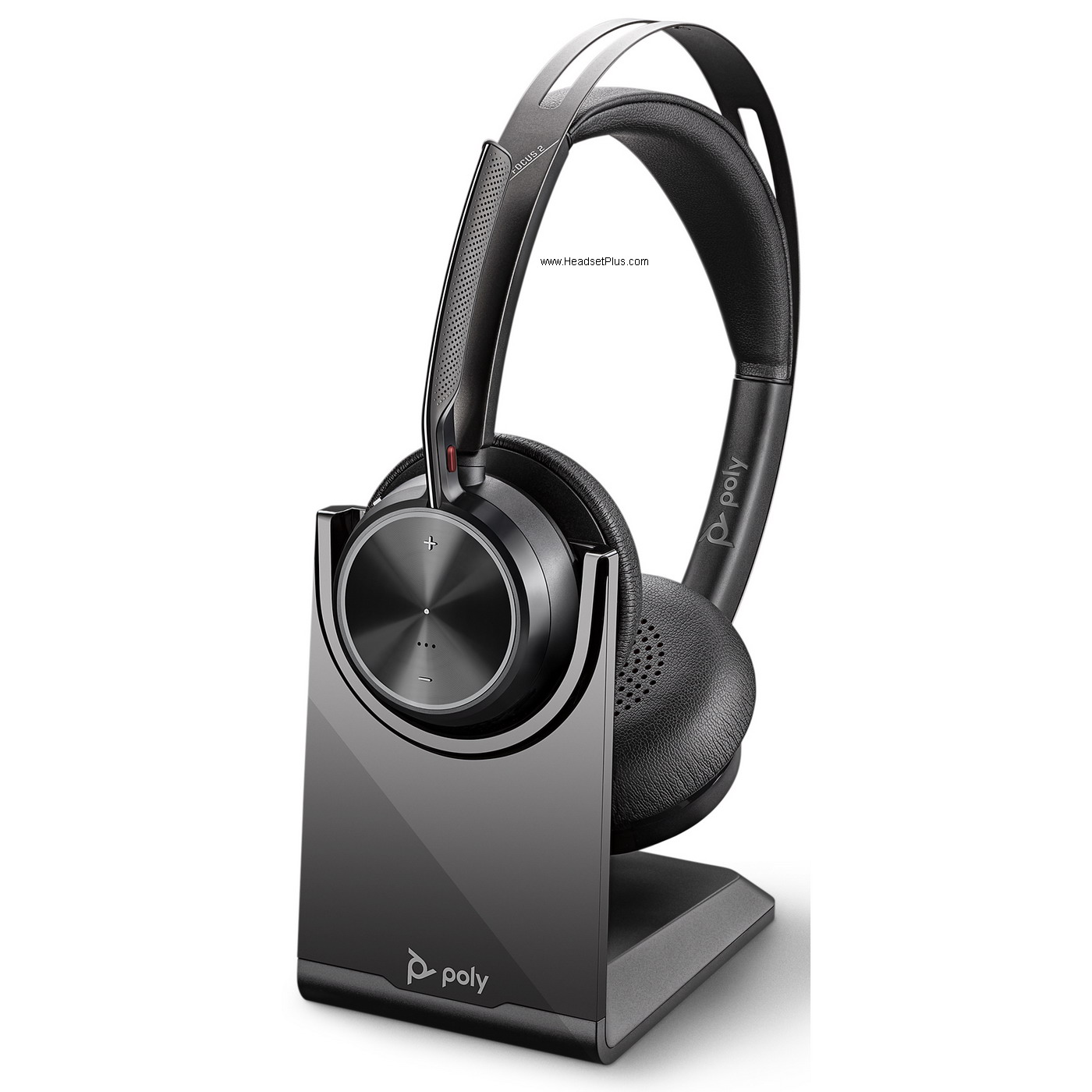 improved as the class 1 establishes of up to 368 feet, and with a Higher Output Power. One of the biggest improvements in the Bluetooth connectivity will be the Encryption Key Size Control Enhancements which translate in an easier connectivity and faster response on the connection. The only small detail regarding version 5 Bluetooth is that not all the headsets support this as its one of the newest chip in the market, just only a few of them support it. Among them we have the Poly Focus 2 UC, this headset offers the Version 5.1, as the headset was launched on on 2020, and this headset offers the range of up to 368 feet which is impressive with a talk time of up to 19 hours and a listening time of up to 40 hours with the ANC feature off, this thanks
improved as the class 1 establishes of up to 368 feet, and with a Higher Output Power. One of the biggest improvements in the Bluetooth connectivity will be the Encryption Key Size Control Enhancements which translate in an easier connectivity and faster response on the connection. The only small detail regarding version 5 Bluetooth is that not all the headsets support this as its one of the newest chip in the market, just only a few of them support it. Among them we have the Poly Focus 2 UC, this headset offers the Version 5.1, as the headset was launched on on 2020, and this headset offers the range of up to 368 feet which is impressive with a talk time of up to 19 hours and a listening time of up to 40 hours with the ANC feature off, this thanks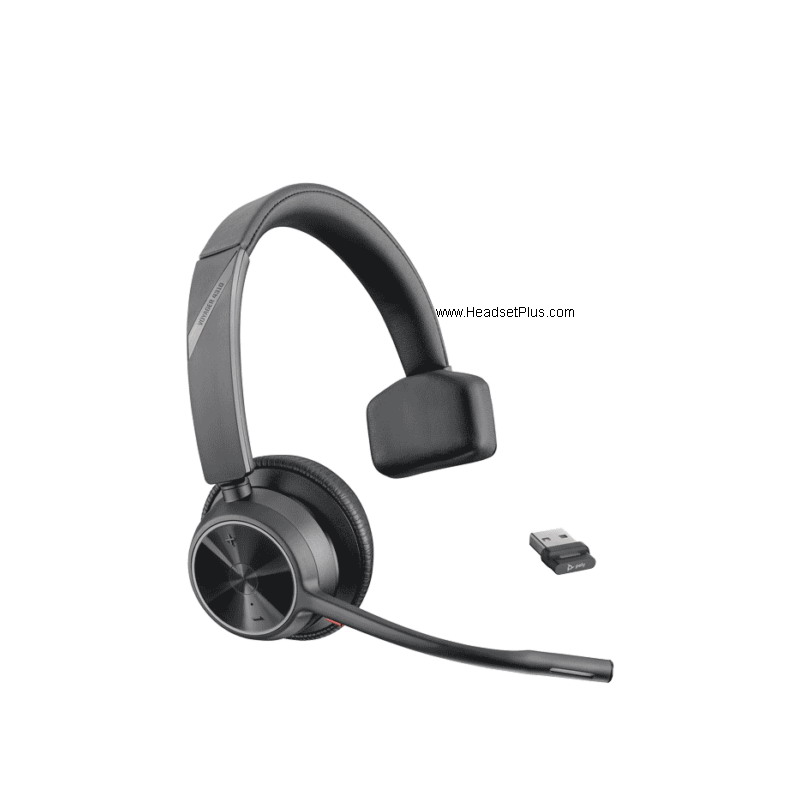 to the low energy consumption that we mentioned before in the Class 1 definition. On the other hand we have the new for 2021 Poly Voyager 4310 and Poly Voyager 4320, these headsets are now version 5.2, and thanks to that it allows the user to have a talk time of up to 24 hours and a listening time of up to 47 hours! One thing I like of the Poly Voyager 4320 is that it has an outstanding standby time of up 50 days and for the same reason of low energy consumption it offers fast charging.
to the low energy consumption that we mentioned before in the Class 1 definition. On the other hand we have the new for 2021 Poly Voyager 4310 and Poly Voyager 4320, these headsets are now version 5.2, and thanks to that it allows the user to have a talk time of up to 24 hours and a listening time of up to 47 hours! One thing I like of the Poly Voyager 4320 is that it has an outstanding standby time of up 50 days and for the same reason of low energy consumption it offers fast charging.
One thing that we need to remember is that the Bluetooth version can not be upgradable as its about the components that they require when they manufactured the product. And most of the times people tend to confuse the upgrading version of the Bluetooth with the upgrade of the firmware which both are complete different items, as one refers to hardware while the other refers as software. Hoping this clears everyone’s questions regarding this universe of Bluetooth devices.





